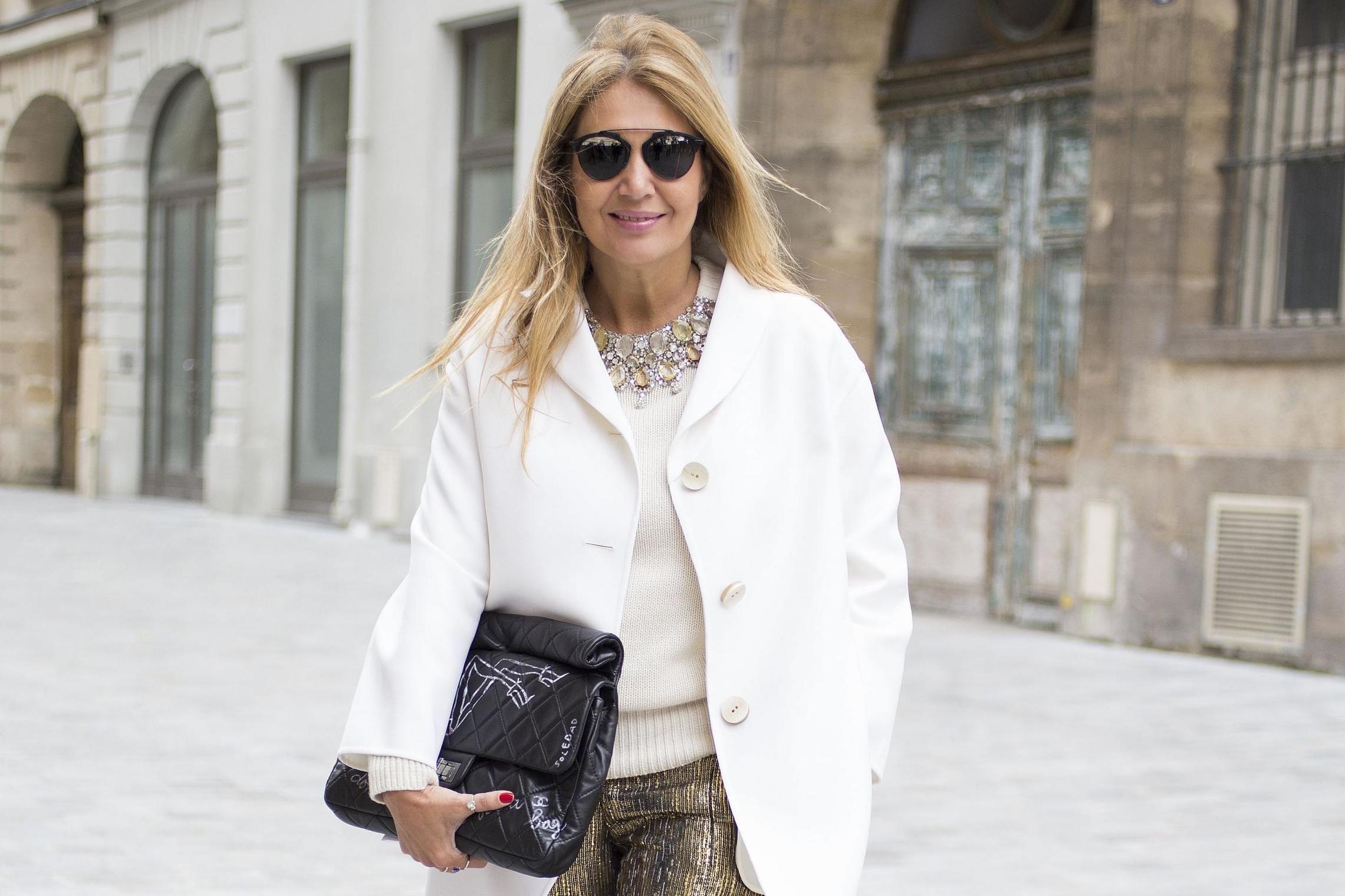Vogue Brazil director resigns after backlash over ‘slavery’ birthday party
'The photo clearly and unfortunately refers to a Brazil of autocracy and slavery'

Your support helps us to tell the story
From reproductive rights to climate change to Big Tech, The Independent is on the ground when the story is developing. Whether it's investigating the financials of Elon Musk's pro-Trump PAC or producing our latest documentary, 'The A Word', which shines a light on the American women fighting for reproductive rights, we know how important it is to parse out the facts from the messaging.
At such a critical moment in US history, we need reporters on the ground. Your donation allows us to keep sending journalists to speak to both sides of the story.
The Independent is trusted by Americans across the entire political spectrum. And unlike many other quality news outlets, we choose not to lock Americans out of our reporting and analysis with paywalls. We believe quality journalism should be available to everyone, paid for by those who can afford it.
Your support makes all the difference.The style director of the Brazilian edition of Vogue has resigned after photos from her 50th birthday party were criticised for evoking themes of slavery.
An image from the party that was posted on Instagram, and has since been deleted, showed Donata Meirelles sitting on a throne-like chair flanked by four black women dressed in white.
The photo angered a number of people who compared the women’s clothes to uniforms worn by house slaves and pointed out the chair’s similarity to a cadeira de sinhá - an ornate chair for slave masters.
“The photo clearly and unfortunately refers to a Brazil of autocracy and slavery, where black people were serving and white people tended to,” one person wrote on Instagram.
“I don't see any praise to Afro-Brazilian culture.”
“Think about how much you can hurt people, their memories, the plight of their people, when you choose a theme to ‘spice up’ a happy moment in your life,” another person added.
In an attempt to explain the historical context, Rita Batista, a black female television presenter from Brazil, shared the photo on her own Instagram account alongside a similar image of two 19th-century slaves flanking their owner.
Batista explained in the caption how in those days “the slave herself was a luxury object to be shown publicly”.
Following the outcry, Meirelles issued an apology, explaining the chair was an artefact from from the Afro-Brazilian folk religion candomblé, and the clothes were traditional Bahian party attire.
“Even so, if I caused any different impressions, I am sorry,” she said.
The director later announced she would resign from her position at Vogue.
In a statement on Instagram, Vogue Brazil said: “Vogue Brazil profoundly regrets what happened and hopes that the debate that has been generated serves as a learning experience.”
The publication also revealed it will be launching a panel of activists and academics to help combat inequality.
However, the move has been dismissed by Stephanie Ribeiro, the author of the #BlackGirlMagic column in the Brazilian edition of Marie Claire.
“They should just hire black people to work at Vogue Brasil, not create a forum for black activists to act like babysitters telling them whether something is racist or not,” she wrote on Instagram.
Vogue Brazil is just the latest name in fashion to be embroiled in controversy over racial and cultural sensitivity.
Last week, Gucci stopped selling a “balaclava knit” that featured a cut-out at the mouth and red lips after it was condemned by people on social media for resembling blackface.
Then, just days later, a pair of shoes from Katy Perry’s eponymous fashion line were removed amid similar concerns.
In December 2018, Prada also faced backlash over its Pradamalia line which included figurines with black faces and large red lips.
This week, the Italian luxury brand announced it is launching a diversity council headed by film director Ava DuVernay and artist Theaster Gates.
The Diversity and Inclusion Advisory Council, aims to “elevate voices of colour within the company and the fashion industry at large".
Join our commenting forum
Join thought-provoking conversations, follow other Independent readers and see their replies
Comments